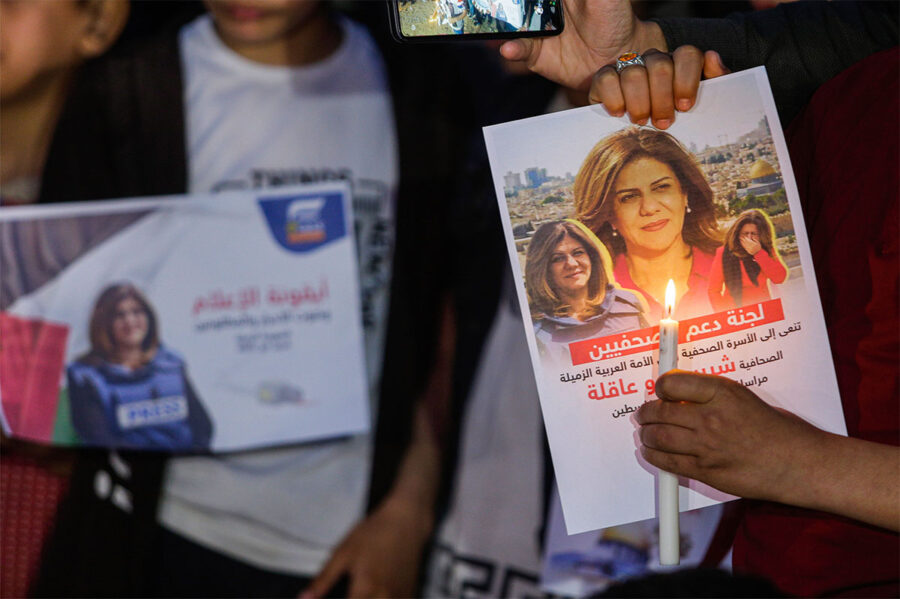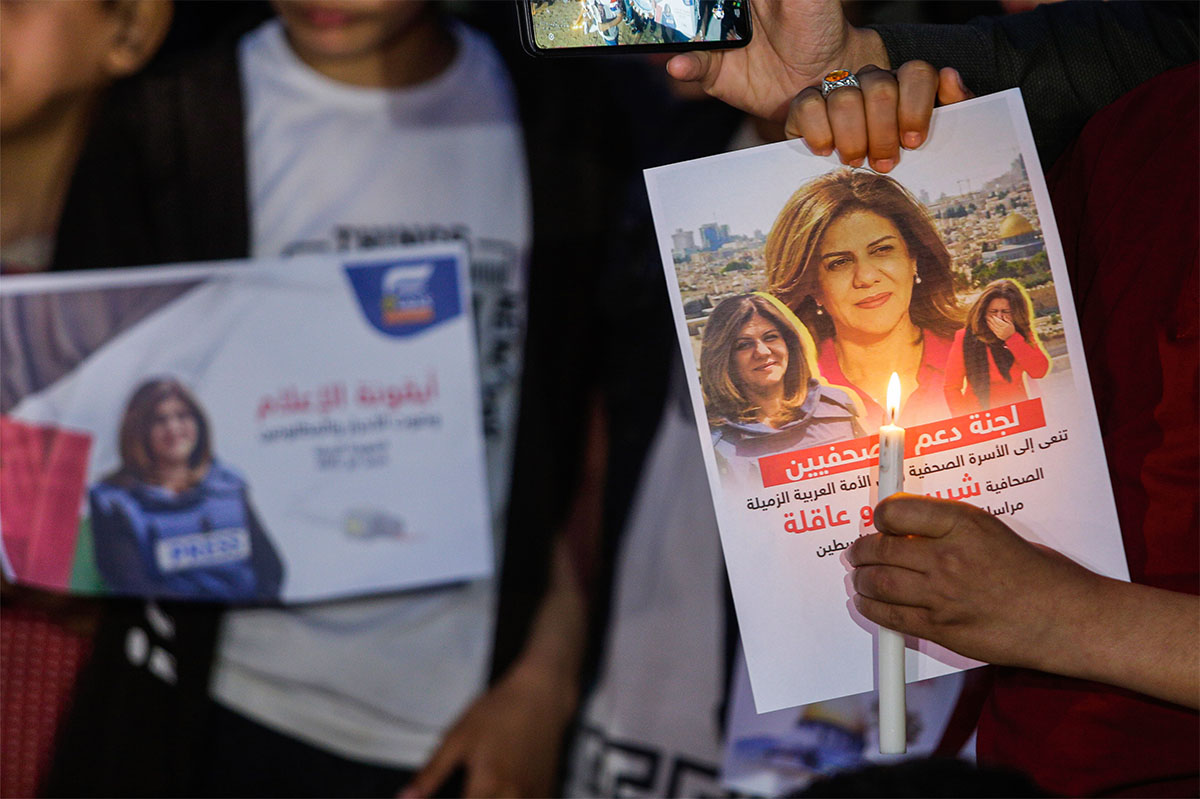
DIRCO Condemns Killing of Al Jazeera Journalist, Shireen Abu Akleh
South Africa’s Department of International Relations and Cooperation (DIRCO) has condemned in the strongest possible terms the killing of Al Jazeera journalist, Shireen Abu Akleh (51), allegedly by the Israeli Defence Force on Wednesday. The Palestinian-American correspondent was shot in the head while on assignment in Jenin, covering Israeli raids on Jenin in the occupied […]

South Africa’s Department of International Relations and Cooperation (DIRCO) has condemned in the strongest possible terms the killing of Al Jazeera journalist, Shireen Abu Akleh (51), allegedly by the Israeli Defence Force on Wednesday.
The Palestinian-American correspondent was shot in the head while on assignment in Jenin, covering Israeli raids on Jenin in the occupied West Bank. Another Al Jazeera journalist, Ali Samoudi, was also wounded after being shot in the back.
According to the Qatar-based Al Jazeera, Shireen was wearing a flak jacket which clearly displayed the word “press” when she was shot “in cold blood” by the Israeli troops.
The BBC says the killing comes “amid a surge in violence between Israel and the Palestinians”. According to Reuters, she was covering the latest arrest operation launched by Israeli military amid “deadly Arab attacks in Israel”.
Israel said it’s launching an investigation to determine who killed her.
Reuters said: “In an Al Jazeera video captured in the moments around Abu Akleh’s killing, gunfire can be heard in the first few seconds before a man yells “Shireen! Shireen! Ambulance!”
”The camera then moves around the corner to show Abu Akleh slumped face-forward on the ground. Other journalists are seen rushing to take cover.”
The Director-General of DIRCO, Zane Dangor, said the targeting of journalists in the occupied territories, and in conflict zones like Ukraine and Afghanistan, appears to be part of a pattern of silencing the free press, and is an outright contravention of international law.
“In a situation of occupation, protest action is one of the few ways in which Palestinians can make their voices heard. International human rights law obligates the occupying power to allow for the freedom of expression and protests.
“In other conflict zones, civilians and other non-combatants must be protected in keeping with the Principle of Distinction and other protective measures of the Geneva Conventions,” Dangor said.
The Director-General said the ability of journalists to cover events as they take place is essential, and efforts to efforts to intimidate and assassinate members of the media cannot be allowed to continue with impunity.
Abu Akleh had been covering Palestinian affairs and the Middle East for over two decades. Her burial will take place on Saturday.
Sources – SAnews.gov.za, BBC and Reuters
